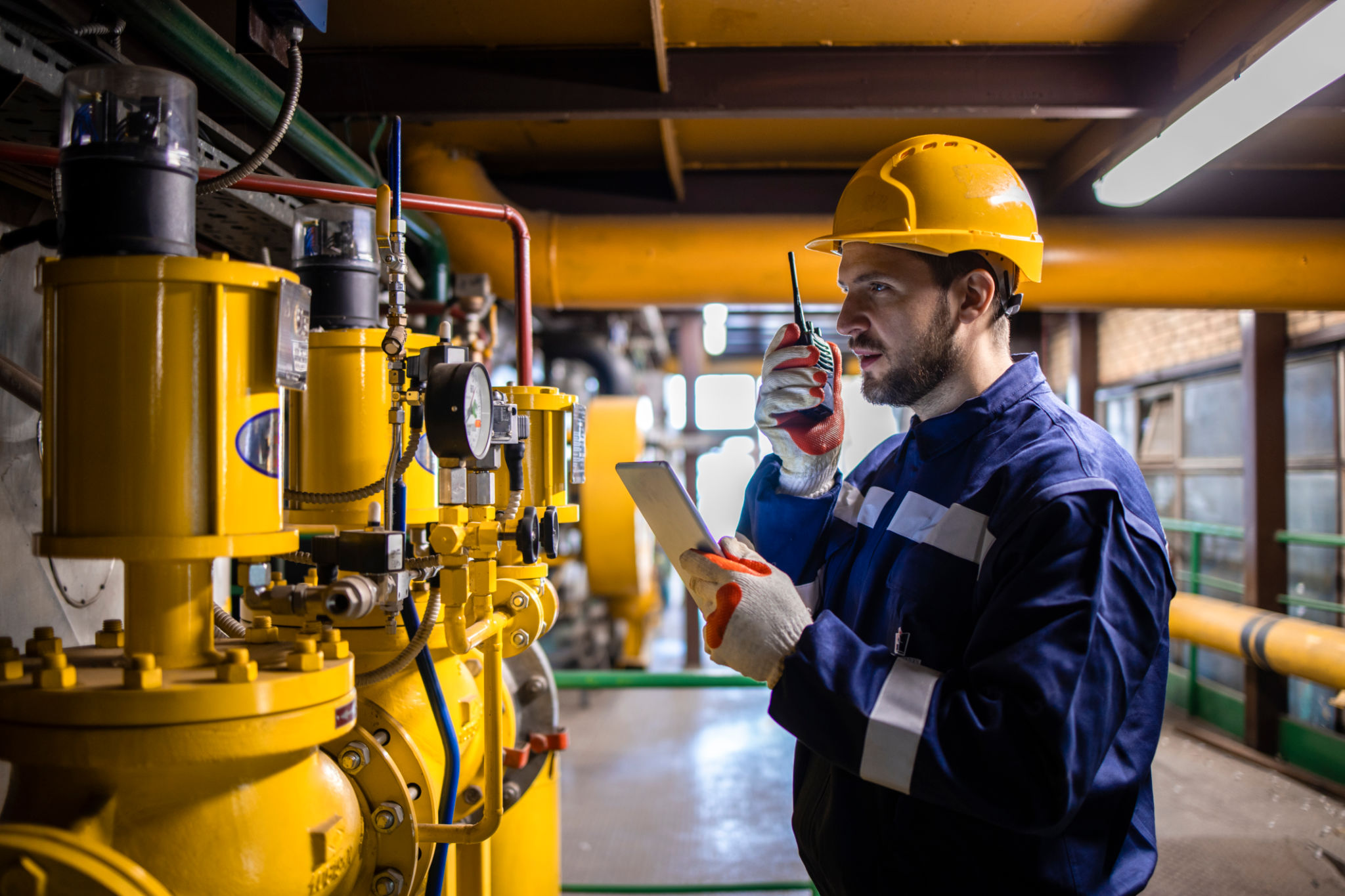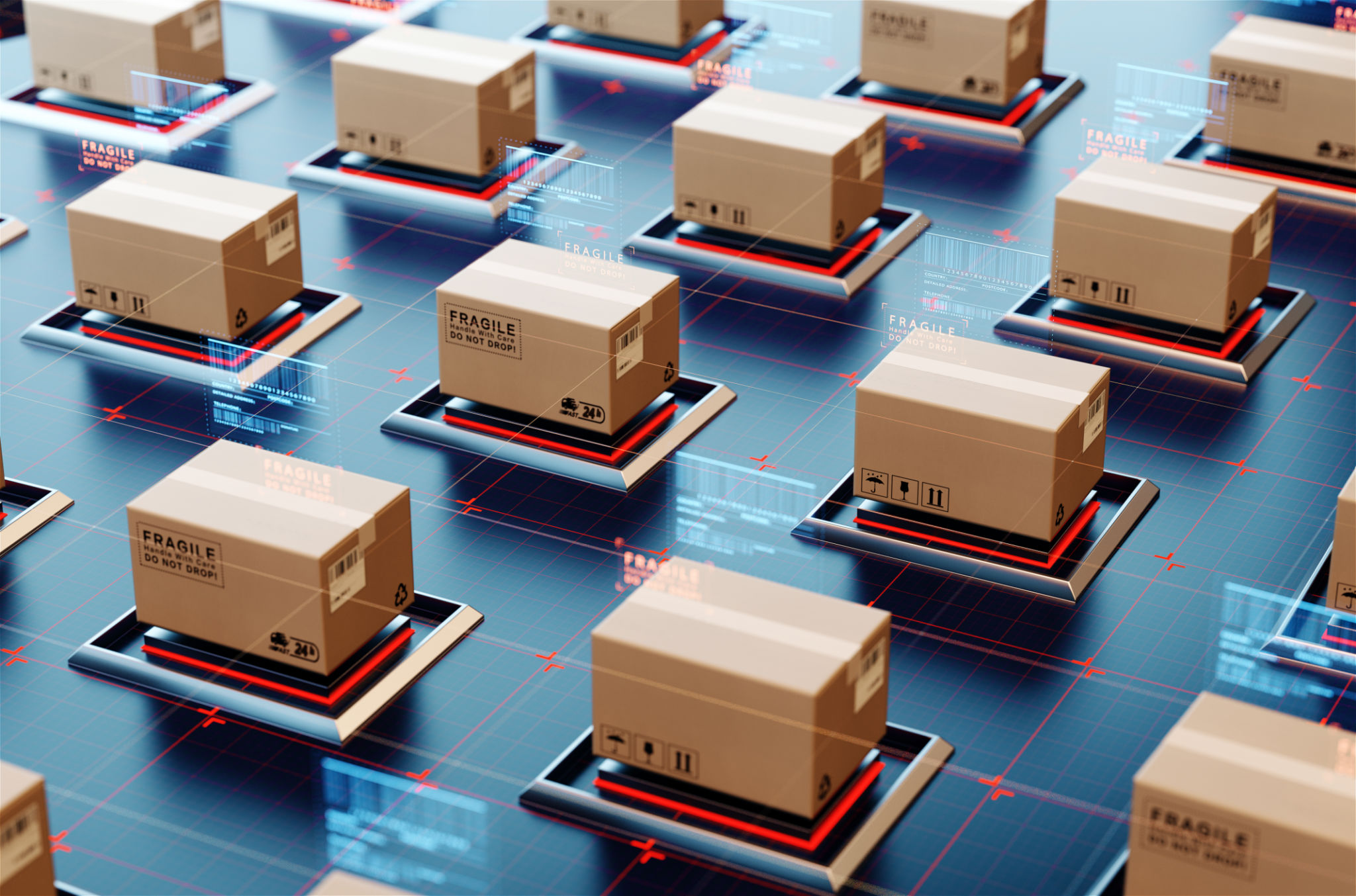Innovative Trends in Oil Field Distribution and Logistics
The Evolution of Oil Field Distribution and Logistics
The oil and gas industry is witnessing a transformation driven by innovative technologies and practices in distribution and logistics. As the demand for energy continues to rise globally, oil field operators are looking for ways to optimize their supply chains and improve efficiency. This blog post explores some of the emerging trends reshaping the landscape.
Digitalization and Automation
One of the most significant trends in oil field logistics is the adoption of digital technologies. Companies are leveraging automation and advanced analytics to streamline operations. By using real-time data and predictive analytics, operators can anticipate equipment failures, optimize routes, and reduce downtime. This not only enhances efficiency but also minimizes operational costs.

Automation is also playing a pivotal role in improving safety and reliability. Drones and autonomous vehicles are being used for site inspections and monitoring, reducing the need for human presence in hazardous areas. This shift towards digitalization is expected to continue as more companies recognize its benefits.
Sustainability and Environmental Initiatives
With increasing awareness about environmental impacts, the oil industry is under pressure to adopt more sustainable practices. Logistics companies are exploring ways to reduce their carbon footprint by investing in cleaner technologies and energy-efficient transportation methods. The use of electric vehicles and alternative fuels is becoming more prevalent.
Moreover, companies are implementing strategies to minimize waste and emissions. By optimizing supply chains and adopting circular economy principles, they aim to reduce environmental impact while maintaining profitability.

Blockchain Technology
Blockchain technology is emerging as a game-changer in oil field distribution. By providing a secure and transparent platform for transactions, blockchain reduces the risk of fraud and enhances trust among stakeholders. It enables real-time tracking of shipments, ensuring accountability and traceability throughout the supply chain.
This technology also facilitates smart contracts, which can automate payment processes based on predefined conditions. This reduces administrative overhead and ensures timely financial settlements between parties involved.

Collaborative Logistics Platforms
Collaboration is key to overcoming logistical challenges in the oil industry. New platforms are enabling companies to share resources and data, leading to improved coordination and efficiency. By working together, businesses can optimize their supply chains, reduce costs, and improve service levels.
These platforms allow for better demand forecasting and inventory management, ensuring that resources are allocated effectively. As collaboration becomes more prevalent, it is likely to drive further innovation in the industry.
The Road Ahead
The future of oil field distribution and logistics looks promising with these innovations on the horizon. As companies continue to adopt new technologies and practices, they will be better equipped to meet the growing demands of the energy market while addressing environmental concerns.
Embracing digitalization, sustainability, blockchain technology, and collaborative platforms will be crucial for staying competitive in this evolving landscape. By doing so, oil field operators can achieve greater efficiency, reduce costs, and contribute to a more sustainable future.
